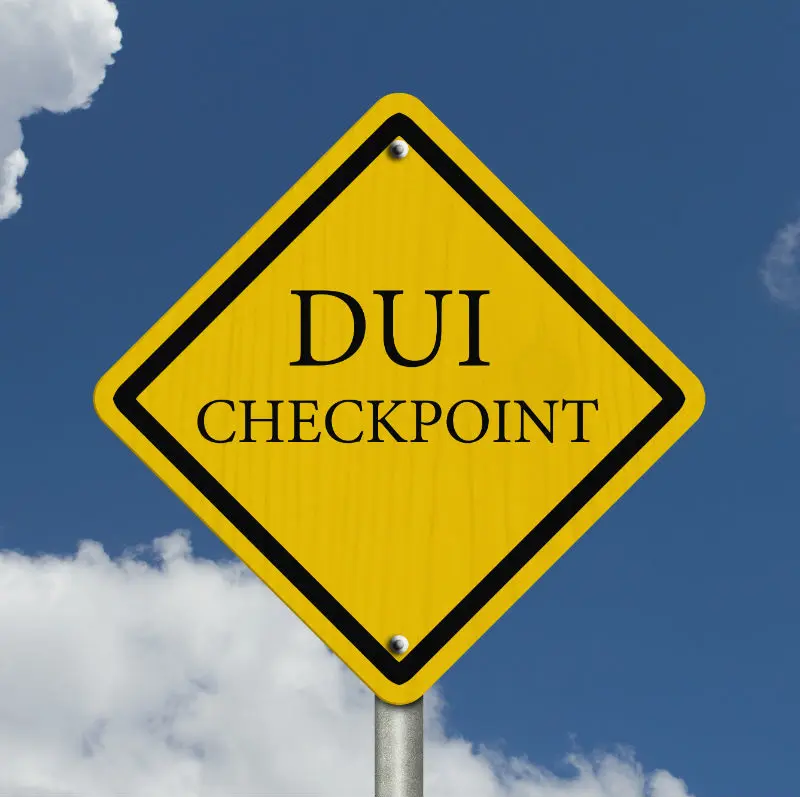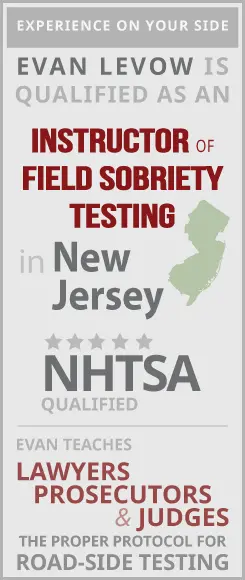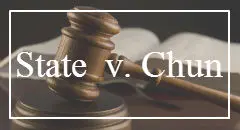Drivers in New Jersey’s Middlesex County are being warned that drunk driving checkpoints will be carried out randomly throughout the county over the next year as part of a new DUI enforcement initiative.
The checkpoint program, which has been endorsed by the Police Chiefs Association of Middlesex County, is being largely funded through a $36,300 grant from the New Jersey Division of Highway Traffic Safety. The grant money will go towards salaries and equipment required to carry out the DWI checkpoint program through September 2017.
The objective of the DUI checkpoint program is to apprehend intoxicated motorists and to discourage people from driving under the influence of alcohol or drugs.
What You Need To Know About The DWI Checkpoint Program In Middlesex County
The year-long sobriety checkpoint program will be enforced in various areas throughout Middlesex County that are yet to be determined.
Middlesex County, which encompasses Edison Township, Woodbridge Township, New Brunswick and many other areas in Northeast New Jersey, is home to nearly one million residents, according to official census data.
Middlesex County is also one of the counties where The New Jersey State’s Division of Criminal Justice recently accused Sergeant Marc Dennis of tampering with records in more than 20,000 DWI cases in New Jersey.
To learn more about the recent story involving DUI records tampering in Middlesex County, click here.
How Does A Drunk Driving Checkpoint Work?
A sobriety checkpoint is a predetermined location where law enforcement officers stop vehicles to check whether or not the driver is impaired.
Depending on the specific checkpoint location, and based on guidelines set forth by the Middlesex County Prosecutor's Office, police officers will either stop every vehicle that passes or will stop vehicles at some regular interval.
In the case that police officers at a DWI checkpoint do not stop every vehicle that passes, law enforcement officers are supposed to stop vehicles at a predetermined interval, such as every third or tenth vehicle that passes, in order to prevent discrimination.
Are DWI Checkpoints Effective? Are They Legal?
The effectiveness and legality of sobriety checkpoints have been heavily debated topics in the State of New Jersey for a long time.
Advocates of DWI checkpoints in New Jersey claim that these operations are crucial to stopping drunk drivers and are effective in discouraging drivers from getting behind the wheel after consuming too much alcohol.
However, opponents of these types of DWI checkpoint programs argue that the programs are not as effective as many claim them to be, often citing research and data showing that roving police cars are a much more effective, as well as economical, solution to catching drunk drivers.
Opponents also question the overall constitutionality of sobriety checkpoints arguing that DWI checkpoints violate a citizen’s protection from unwarranted searches and seizures under the Fourth Amendment. In fact, many states in America do not permit DWI checkpoints because they have ruled that sobriety checkpoints violate their State’s constitution.
New Jersey courts allow checkpoints, but they must be conducted under strict guidelines and supervision.
Arrested At A New Jersey Checkpoint? Call Levow DWI Law, P.C. Today
Were you or a loved arrested on DWI charges at a sobriety checkpoint in New Jersey or anywhere else in New Jersey?
The award-winning DWI defense attorneys at Levow DWI Law, P.C. have been defending the rights of drivers in New Jersey for decades. We have successfully defended thousands of drivers arrested at DWI checkpoints and elsewhere throughout the State.
Mr. Levow was trial and appellate counsel in State v. Thomas, one of the seminal roadblock cases in New Jersey.
Contact us today for a free consultation on your rights and legal options following a drunk driving arrest.



